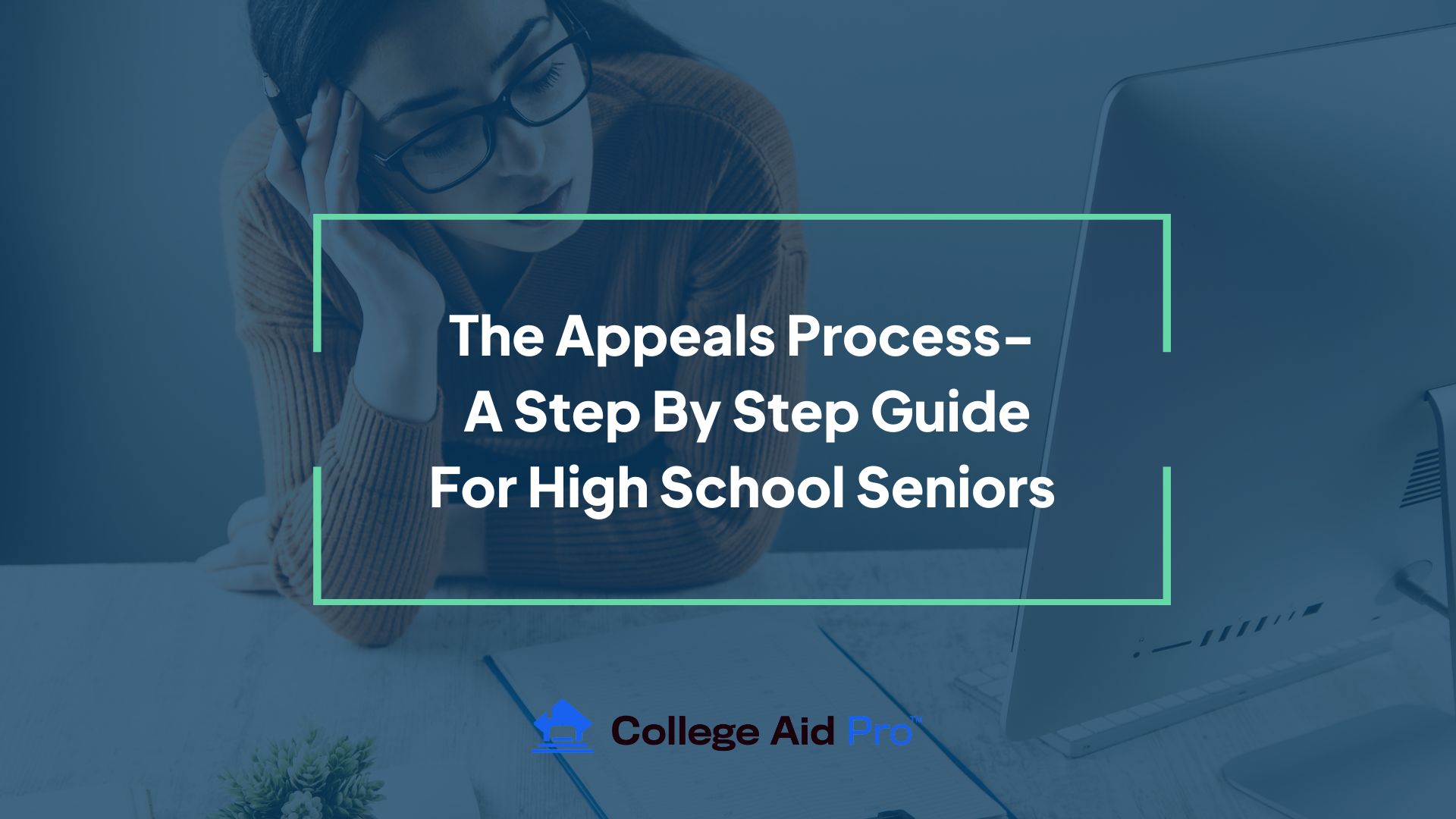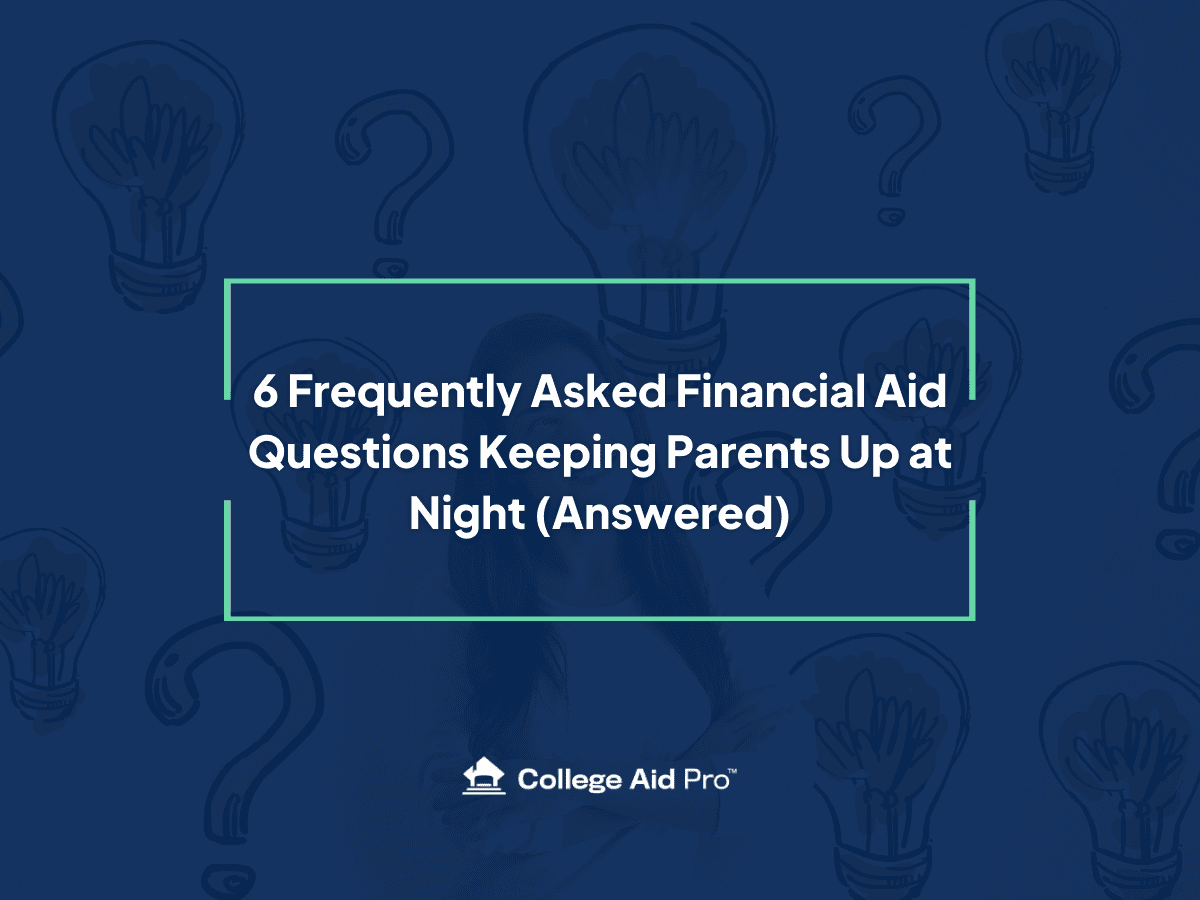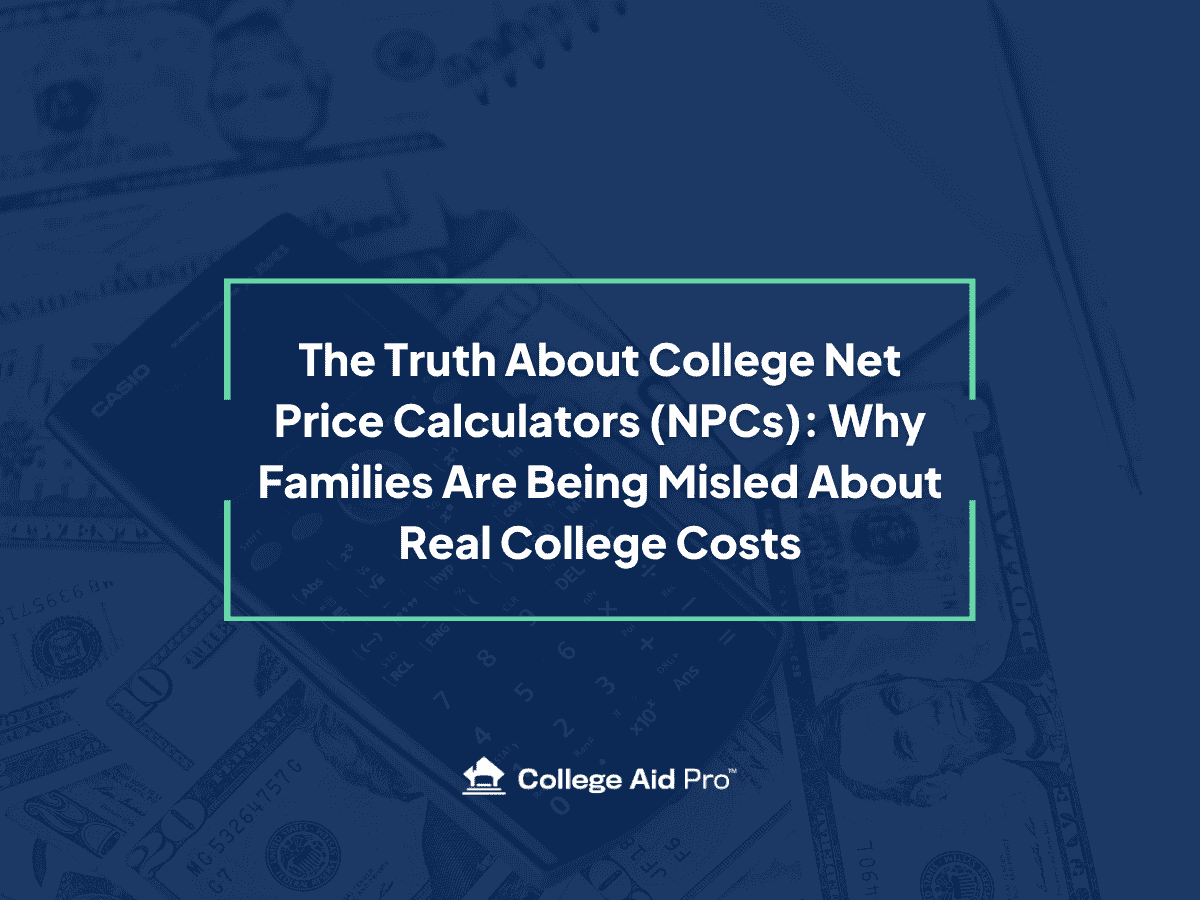Congratulations Class of 2024 – you’re on the home stretch!
High school graduation is right around the corner. Do you know what you’re doing next? Many of you are in the middle of planning for college. You’ve probably submitted your application and financial aid forms – a feat in and of itself! I hope you took a moment to properly show yourself some appreciation for charging through that process.
Some of you are in the lull that follows application season, waiting for college responses. Others are already getting those responses and trying to make heads or tails of how to proceed.
That’s where myCAP comes in. We’re great at working you through that ‘heads or tails’ thing. You can find resources on lining up and comparing your offers here. You can even use your myCAP account to upload offers and get feedback on them. Is it a good offer? Should you go back to the college and appeal for more aid?
That brings us to Appeals. Some people refer to this as negotiating, but colleges don’t like that term, so just stick to “appeal”.
What is an Appeal?
After you receive all of your acceptance letters, compare them apples to apples, and narrow down the field, you may be able to go back to one or more schools and ask for more financial or merit aid. This is applicable to private colleges, it is less likely that an appeal to a public university will be successful – but that doesn’t mean you shouldn’t try if you have a strong case.
Should I Appeal for More Aid?
Yes if:
- Your financial situation has changed for the worse or the financial aid forms you filled out don’t accurately reflect your family’s financial situation. Some examples include:
-
- Loss of job or decrease in salary
- Income from the base year that included one-time income such as a retirement account withdrawal
- Financial hardship such as illness, damage to your home, etc
- Business income that was unnaturally higher in the base year or lower in the subsequent year
- Treatment of business expenses that adversely affected your need award
- Your actual award is less than your expected award as found on the college’s Net Price Calculator or your myCAP account.
- You received a better offer from another similar school.
- You have additional information that might strengthen your case for a merit award such as:
- Improvement on SAT/ACT
- Significant improvement in GPA
- Completion of a relevant certification or other program
- Awards earned related to your chosen major
No if:
- Your financial situation is such that an appeal would come across as frivolous or greedy.
- Documents requested or submitted as part of the appeals process might bring to light aspects of your situation that hurt your case for financial need or merit aid.
How do I Appeal?
Each school may have their own process, so start by checking the school’s website for information. Another good resource is your admission’s counselor. They can point you in the right direction and also may be able to help you understand the school’s methodology for giving aid a little bit better.
Need-based appeals are usually directed to the Office Of Financial Aid whereas merit-based appeals are handled by Admissions.
You, the student, should lead this process although it’s also a good idea to have your parents submit additional information, especially when the appeal involves the family finances. That means you should be the one to call the admissions counselor, send the email, write a letter, etc. In a lot of cases, you can submit an additional letter from your parents along with your own.
A good appeal letter should include the following, when applicable:
- Gratitude for being accepted and for the financial package they have offered
- Expressed desire to attend the college in question
- Details of how you will contribute to the school (think personality traits or practical contributions that will make the school experience better for others)
- Additional information that you want the school to know about you or your financial situation
- Documents backing up the additional information
- Request for a specific amount in additional aid that would make it possible for you to attend that school
The letter shouldn’t be seen as desperate or aggressive. You want the school to view you as a valued addition to their campus and someone they would enjoy working with for four years. Keep it professional but also personal and genuine.
Tell your story in a way that evokes interest and a desire to help you out. Provide the extra personal information that numbers alone can’t convey.
When will I Know if it Worked?
In many cases, you may get a response within a week or two, but be prepared to wait much longer than that at some schools.
How Much Extra aid can I Expect to Receive?
It’s not uncommon to be offered an extra $3,000 to $5,000 per year, but that doesn’t mean you won’t be offered more or less than that. $3,000 may not sound like a lot, but remember, that’s $12,000 over 4 years.
When you get your response and if it is positive, make sure you confirm whether it applies to all 4 years of school or only the first year. Need based aid usually applies to freshman year and can change when financial aid forms are updated yearly whereas merit aid usually applies to all 4 years of college.
Remember, there are many other types of appeal letters. Here are few more examples:
- Extreme financial hardship
- Multiple students in college
- Divorced/ separated parents
- Non-recurring income increase
You may be weary of the whole college application process and tempted to skip this step or not take it too seriously, but – stick it out!
Your final college decision is right around the corner and then you can breathe a sigh of relief knowing exactly where you’re going after graduation AND that you got the best possible award package!



